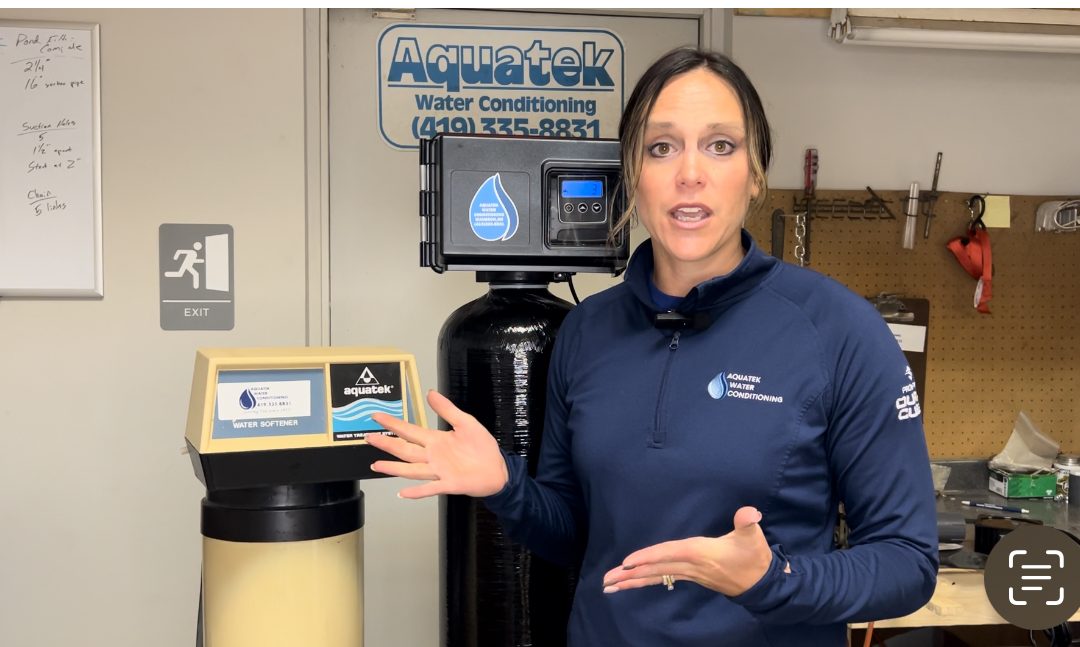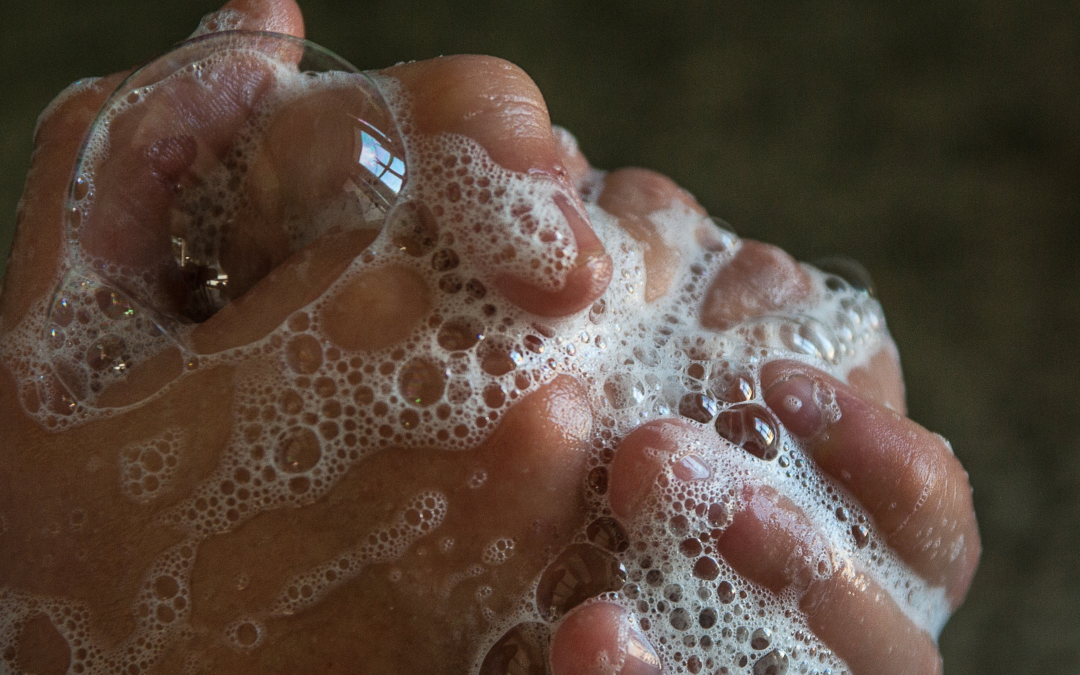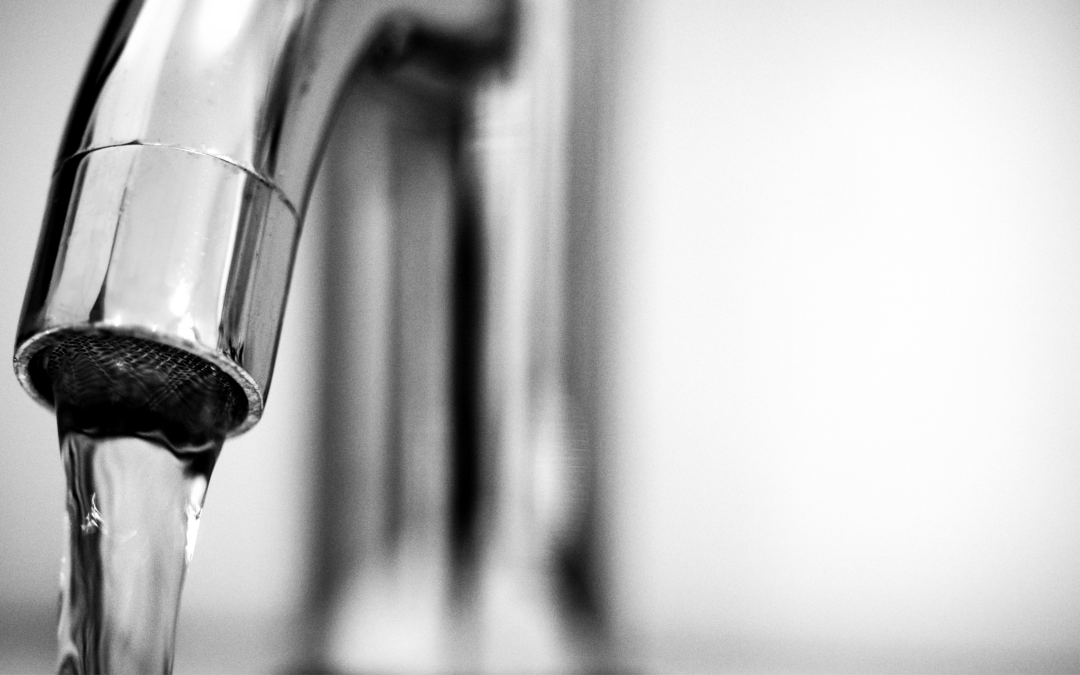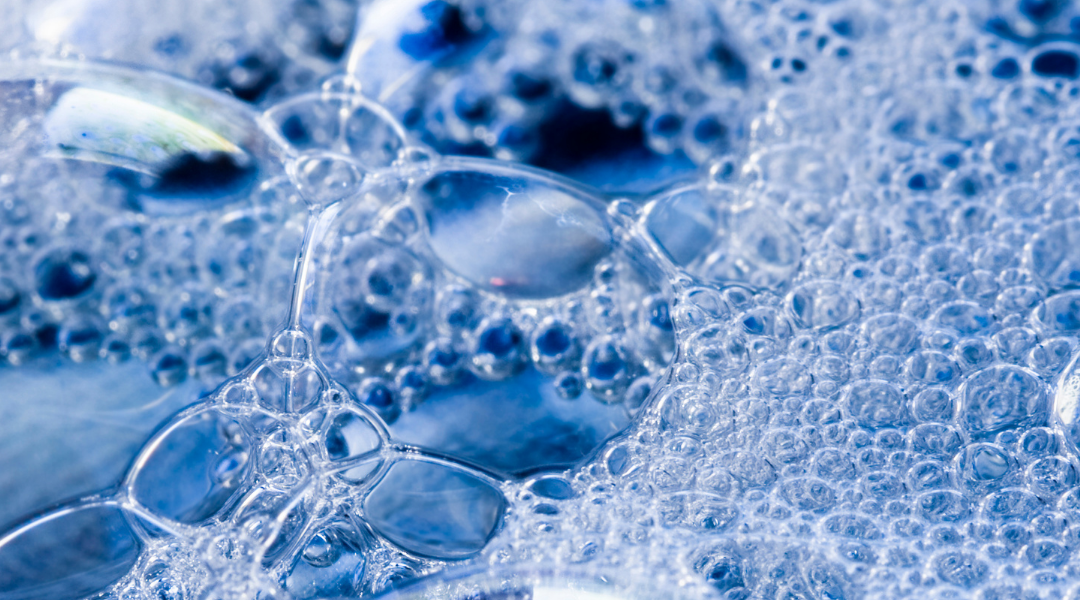
How Do I Know if I Need to Replace My Older Water Softener?
Much like that trusty old stove that’s been a part of your kitchen for nearly two decades, your water softener may also be reaching the end of its lifespan. It’s a question many homeowners ponder: when is the right time to replace an older water softener? Let’s explore the signs that indicate it might be time for an upgrade and the benefits of newer water softener models.
The Advantages of New Water Softeners
Newer water softener models come with a host of advantages that make them an appealing option for homeowners. Some of these benefits include:
Meter-Initiated Control Valves: Unlike older timer-style valves or newer water softeners have meter-initiated control valves. These units regenerate based on the actual amount of water used instead of a timer like the older models. This makes them highly efficient in terms of salt, power, and water consumption.
Digital Controls: Newer water softeners often feature digital controls, which provide more precise and user-friendly settings for your softening needs.
Signs Your Water Softener is Not Working Properly
Before rushing to replace your water softener, it is highly recommended to have a water treatment service professional test your water and inspect your unit to make sure it is working properly.
Here are some common signs that indicate that it might not be working properly:
Staining and Deposits: If you notice staining in your sinks or toilets or white deposits on faucets and fixtures, your water softener might not be doing its job effectively.
Decreased Water Quality: Softened water should leave your hair feeling silky smooth and ensure that soaps lather easily. If you’re experiencing a decline in water quality, your softener might be the culprit.
Unusual Salt Usage: A sudden increase or decrease in salt usage could indicate a problem with your water softener. It’s worth having a service technician inspect it in such cases.
Outdated Settings: Many older water softeners have fixed settings that may no longer be appropriate for your current household size. To help optimize efficiency, a technician can adjust the control valve settings.
Factors Affecting the Lifespan of Water Softeners
The lifespan of a water softener can vary based on several factors:
Water Quality: The hardness and overall quality of your water supply can impact the longevity of your softener. More challenging water quality may require more frequent maintenance and reduce the unit’s lifespan.
Household Size: The number of people living in your home affects the unit’s workload. Adjusting settings as your household changes can help extend the softener’s life as well as make it more efficient
Maintenance: Regular preventative maintenance can significantly impact the lifespan of your water softener. Neglecting this on-going maintenance can lead to premature failure.
While there’s no one-size-fits-all answer to when you should replace your older water softener, it’s essential to assess its performance, consider the advantages of newer models, and factor in the variables that affect its lifespan. Aquatek Water Conditioning recommends having your water tested and unit inspected to make an informed decision. Whether you choose to upgrade now or in the near future, being proactive about your water softener’s condition ensures you continue to enjoy the benefits of softened water while managing your budget effectively.





Recent Comments